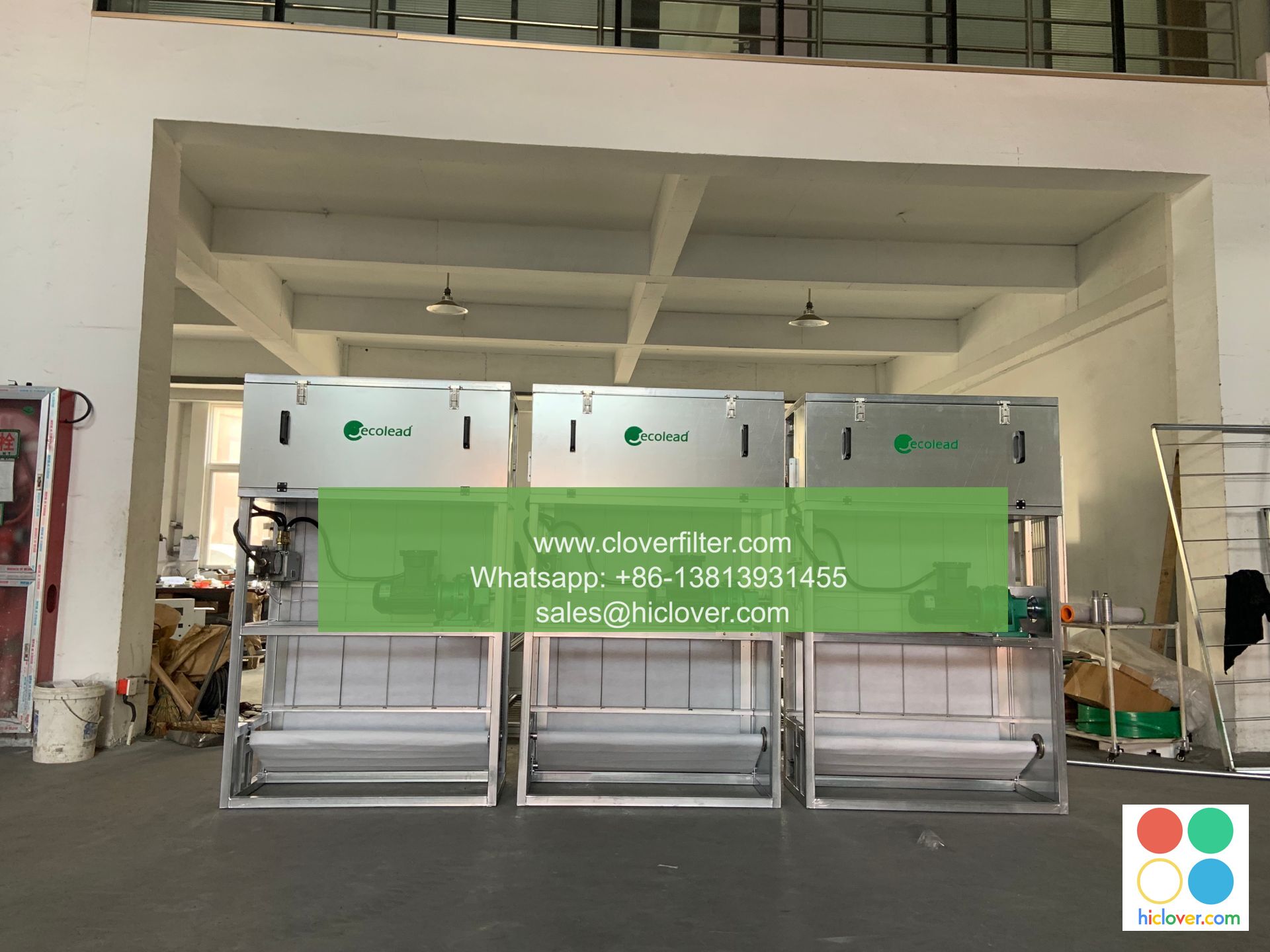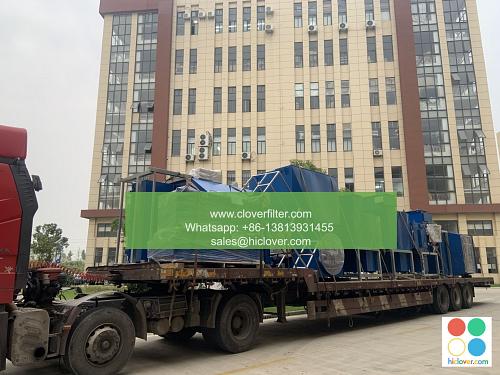The Benefits of Regular Air Filter Analysis

Regular air filter analysis is a crucial aspect of maintaining good indoor air quality (IAQ) and preventing the accumulation of airborne pollutants. Air filters play a vital role in removing particulate matter, dust, pollen, and other contaminants from the air, and their effectiveness can be significantly impacted by factors such as filter type, maintenance, and operating conditions. In this article, we will highlight the benefits of regular air filter analysis and its applications in various industries.
Improved Indoor Air Quality (IAQ)
Regular air filter analysis helps to ensure that the air filters are functioning optimally, removing airborne pollutants and maintaining good IAQ. This is particularly important in commercial and residential buildings, where poor IAQ can lead to a range of health problems, including respiratory issues, allergies, and cardiovascular disease. By conducting regular air filter analysis, building owners and managers can identify potential issues and take corrective action to maintain a healthy and comfortable indoor environment.
Increased Energy Efficiency
Air filters can have a significant impact on energy consumption, particularly in heating, ventilation, and air conditioning (HVAC) systems. Clogged or dirty air filters can increase energy consumption, leading to higher operating costs and reduced system performance. Regular air filter analysis can help identify areas for improvement, allowing for the optimization of air filter maintenance and replacement schedules, and resulting in increased energy efficiency and cost savings.
Extended Equipment Life
Regular air filter analysis can also help to extend the life of equipment and reduce maintenance costs. By identifying potential issues and taking corrective action, building owners and managers can prevent equipment damage and reduce the need for costly repairs. This is particularly important in industries such as healthcare, where equipment downtime can have serious consequences for patient care.
Applications in Various Industries
Regular air filter analysis has a range of applications across various industries, including:
- Healthcare: Regular air filter analysis is critical in healthcare settings, where maintaining good IAQ is essential for patient care and preventing the spread of infections.
- Commercial Buildings: Regular air filter analysis can help building owners and managers maintain a healthy and comfortable indoor environment, while also reducing energy consumption and operating costs.
- Industrial Settings: Regular air filter analysis is essential in industrial settings, where airborne pollutants can pose a significant risk to worker health and safety.
- Residential Buildings: Regular air filter analysis can help homeowners maintain good IAQ and prevent the accumulation of airborne pollutants, which can have serious health consequences.
Methods of Air Filter Analysis
There are several methods of air filter analysis, including:
- Visual Inspection: Visual inspection involves physically examining the air filter for signs of damage, wear, or debris accumulation.
- Airborne Contaminant Testing: Airborne contaminant testing involves measuring the levels of airborne pollutants, such as particulate matter, dust, and pollen, to assess the effectiveness of the air filter.
- Filter Pressure Drop Testing: Filter pressure drop testing involves measuring the pressure drop across the air filter to assess its effectiveness and identify potential issues.
Conclusion
Regular air filter analysis is a critical aspect of maintaining good indoor air quality and preventing the accumulation of airborne pollutants. By conducting regular air filter analysis, building owners and managers can identify potential issues, optimize air filter maintenance and replacement schedules, and maintain a healthy and comfortable indoor environment. With its range of applications across various industries, regular air filter analysis is an essential tool for maintaining good IAQ and promoting occupant health and well-being. You haven’t provided a question or topic for me to assist with. Please provide more context or information so I can give you a helpful response. What would you like to talk about or ask?

